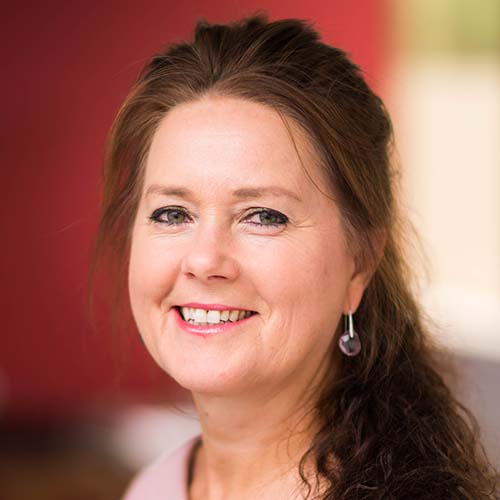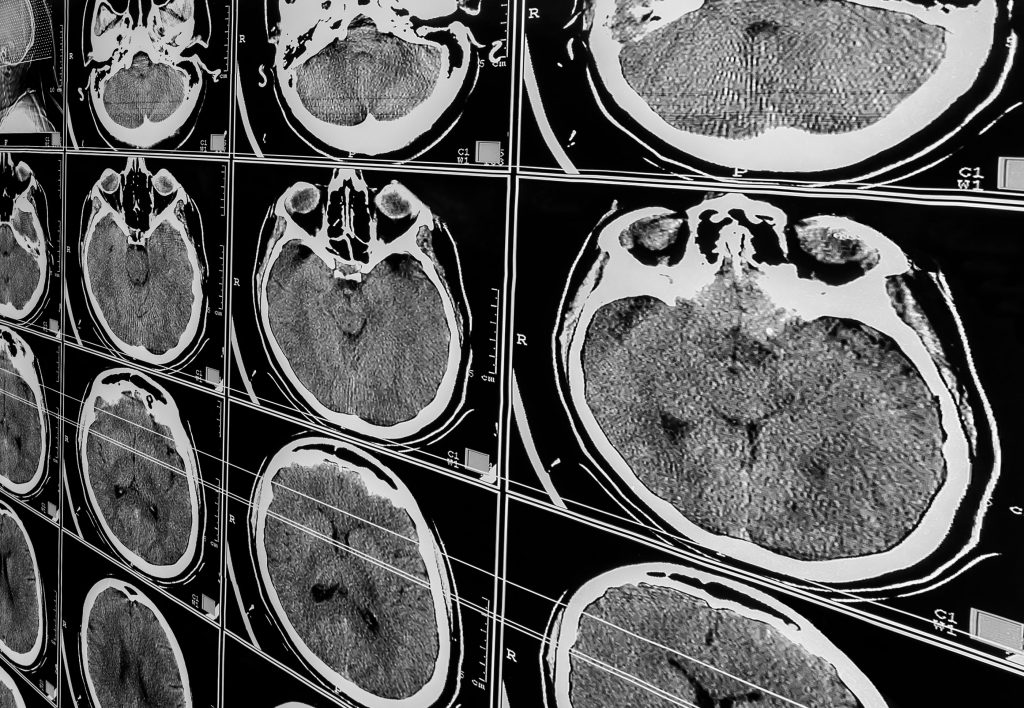
Tracy Norris-Evans explains her focus as a lead injury partner at RWK Goodman, her hopes for the future of support for families after brain injury, and the role of the Ahead Together conference in shining a light on the issue
Tracy, can you give us a quick intro to who you are and what you do
I am a partner and the head of the injury division at RWK Goodman, and have specialised in injury claims – in particular catastrophic injury – for over 30 years.
What is your current focus as a team in personal injury law?
Well, there’s of course a lot to focus on around personal injury law at the moment, with potential tort reforms in clinical negligence, Civil Procedure Rules changes, and the erosion of access to justice, the consequence being a lack of a level playing field for the injured person and those who support them.
We’ve recently as an injury practice been drawing attention to the untold stories of brain injury, particularly in relation to early years support, the criminal justice system, and the effect of someone’s gender or sex on their experience of brain injury. With input from survivors and prominent experts we hope we’ve demonstrated the wide-ranging impact that brain injury can have on individuals.
But, for me and my team at RWK Goodman, the primary focus right now is our upcoming Ahead Together Conference on Thursday (May 11) where we’ll be sharing some of the untold stories of family after brain injury. It’s the third conference we’ve done on the topic of the family experience after brain injury, and myself and my co-founder Dr Audrey Daisley, consultant neuropsychologist, are really looking forward to welcoming all the attendees in Oxford (and online) to discuss and share best practice.
Why the focus on the family experience of brain injury?
As a litigator as well as a professional trustee and deputy for many brain injury survivors, I’ve witnessed the ripple effect that brain injury can have on families.
At RWK Goodman we always strive to build a lifelong legal partnership with families who’ve experienced life-changing injury. Once the litigation is over there’s still so much to consider, and for those who’ve suffered a brain injury this often falls on the families to manage, typically with no previous experience of doing so.
Now, this is nothing new to those professionals working in this area. Yet despite this understanding of the family impact of brain injury, the support available for family members after injury – especially within the NHS where resources are stretched to breaking point, despite the best efforts of the wonderful experts that drive it and some pockets of excellent practice – is thin on the ground. Spouses, parents, children, siblings, and extended family are all too often left to work out how to live with someone who may have fundamentally changed as a person and all the while requires significant ongoing care and support.

Tracy Norris-Evans
RWK Goodman, alongside Dr Daisley, is therefore committed to raising awareness of this untold story of family after brain injury, not only sharing the voices of our clients’ families but also experts in the field who are trying to change things for the better.
How does Ahead Together address this?
We want Ahead Together to be the ‘go to’ conference for brain injury professionals aiming to improve their practice for families, by offering them a space to reflect honestly on the challenges and opportunities in improving care across neuropsychiatry, neuropsychology, neurophysiotherapy, neuro occupational therapy, case management and social care.
To do this we have invited family members and professionals to share stories of the devastating impact of brain injury, such as suicide, violence, issues facing the ageing parents of brain injured people, and sports-related brain injuries (that are affecting more and more young families). Ahead Together 2023 will prioritise the “Untold Family Stories”, highlighting issues that are typically sensitive, remain unspoken about or avoided, so that we can amplify hidden voices and narratives. We will reflect on the importance of sharing family stories, to fully evidence the impact of brain injury and to create change.
What if people can’t make it to Ahead Together?
Of course, Ahead Together isn’t my only focus with regards to improving the family experience of brain injury. There is a lot going on in this particular area that is worth being aware of.
For example, myself and co-founder Dr Audrey Daisley have invited Sir Chris Bryant MP, Chair of the All-Party Parliamentary Group on Acquired Brain Injury, to speak to the draft ABI strategy at the Ahead Together conference and to address how families fit in to the strategy. We hope that our professional experience in the field of brain injury will help to improve Government support for families who are living with ABI and would encourage anyone else working in brain injury to share their knowledge to improve things in a similar way.
One way in which they can do this is to get involved with Anchor Point, a national association (whose chair and deputy chair were profiled on NR Times recently) is dedicated to understanding the ripple effects after brain injury and inspiring change. You can find out more about them on the UKABIF website currently, but there’s also a LinkedIn group available for those who are active on that platform!
How can people find out more about the work you’re doing?
I would encourage anyone with any questions about Ahead Together or any of the other work we’re doing to first contact ahead.together@rwkgoodman.com; we’re always keen to hear from families or professionals who have experience of brain injury, not only to understand how we can help but also what more needs to be done in the field to improve things for them.









